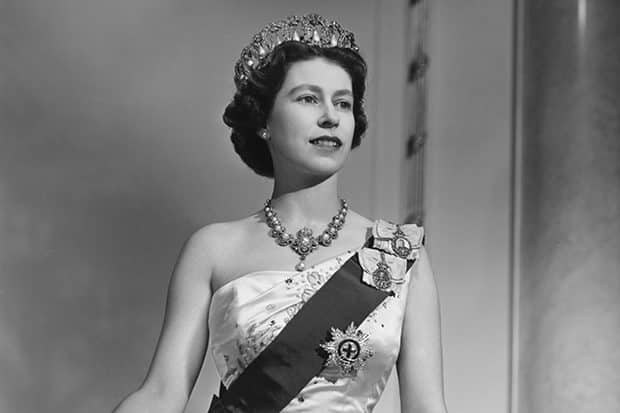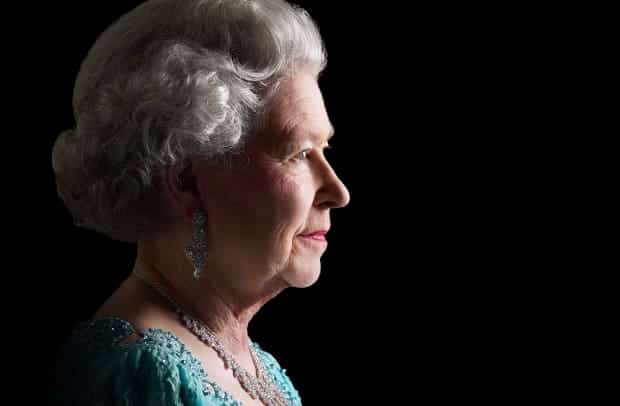Britain’s longest serving monarch, Queen Elizabeth II, head of state of the UK, figure head of the nation for seven decades, died peacefully at her home in Balmoral, Scotland aged 96 on Thursday.
“The Queen died peacefully at Balmoral this afternoon,” Buckingham Palace said in a statement. “The King and The Queen Consort will remain at Balmoral this evening and will return to London tomorrow.”
Charles, 73 who is Elizabeth’s eldest son automatically becomes king of the United Kingdom and the head of state of 14 other realms including Australia, Canada and New Zealand. His wife Camila will become Queen Consort.
Social media was flooded with news that the queen’s health was worsening midday Thursday when her doctors said she was under medical supervision, as her family rushed to be by her side at Balmoral.
Buckingham Palace had announced since last year that the queen had been suffering from “episodic mobility problems”, explaining her withdrawal from nearly all her public engagements.
Her last public engagement was just Tuesday, when she appointed Liz Truss prime minister – her 15th premier.
At her palaces and at government buildings across London, flags were lowered to half-mast.
Queen Elizabeth II, who was also the world’s oldest and longest-serving head of state, came to the throne following the death of her father King George VI on Feb. 6, 1952, when she was just 25.

Her crowning the following June was the first televised coronation and thrust her and the royal family into increasing scrutiny by the media.
“I have in sincerity pledged myself to your service, as so many of you are pledged to mine. Throughout all my life and with all my heart I shall strive to be worthy of your trust,” she said in a speech to her subjects on her coronation day.
Elizabeth became monarch at a time when Britain still retained much of its old empire. It was emerging from the ravages of World War Two, with food rationing still in force and class and privilege still dominant in society.
It was another world, as Winston Churchill was Britain’s prime minister at the time, Josef Stalin led the Soviet Union and the Korean War was raging.
In the decades that followed, Elizabeth witnessed massive political change and social upheaval at home and abroad. Her own family’s tribulations, most notably the divorce of Charles and his late first wife Diana, were played out in full public glare.
While remaining an enduring symbol of stability and continuity for Britons at a time of relative national economic decline, Elizabeth also tried to adapt the ancient institution of monarchy to the demands of the modern era.
“She has managed to modernise and evolve the monarchy like no other,” her grandson Prince William, who is now heir to the throne, said in a 2012 documentary.
Her Legacy
Elizabeth was the 40th monarch in a royal line that traces its origin back to Norman King William the Conqueror who claimed the English throne in 1066 after defeating Anglo-Saxon ruler Harold II at the Battle of Hastings.
Her long reign meant she repeatedly broke records for British rulers. When she surpassed the more than 63 years her great-great-grandmother Queen Victoria spent on the throne, she said it was not a landmark to which she had ever aspired.
“Inevitably a long life can pass by many milestones – my own is no exception,” she said.
Her marriage to Prince Philip lasted 73 years, until his death in April 2021, and they had four children, Charles, Anne, Andrew and Edward.
But for the vast majority of her subjects, for whom she was the only monarch they have known, she was a figure who commanded respect and admiration.
Opinion polls have suggested that Charles does not enjoy anywhere near the same level of support and there is speculation that the loss of Elizabeth may see a rise in republican sentiment, particularly in the other realms.
At her death the queen was head of state of not only the United Kingdom but also of Australia, the Bahamas, Belize, Canada, Grenada, Jamaica, New Zealand, Papua New Guinea, Saint Lucia, Saint Kitts and Nevis, Tuvalu, the Solomon Islands, Saint Vincent and the Grenadines, and Antigua and Barbuda.

